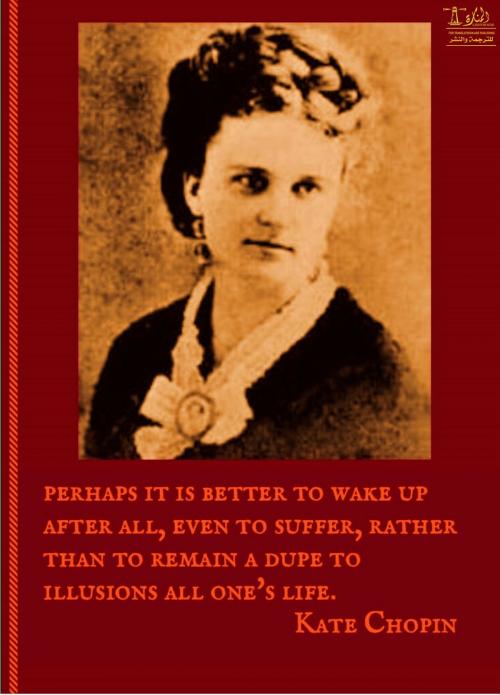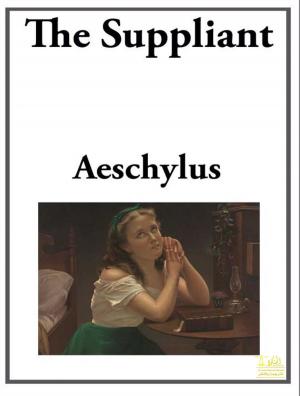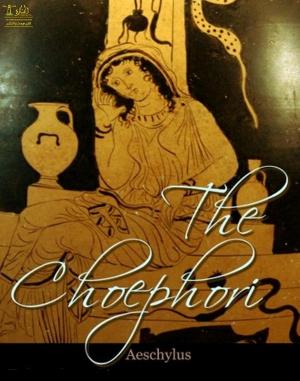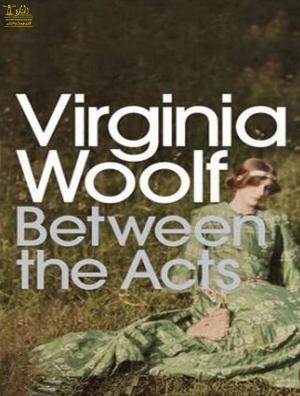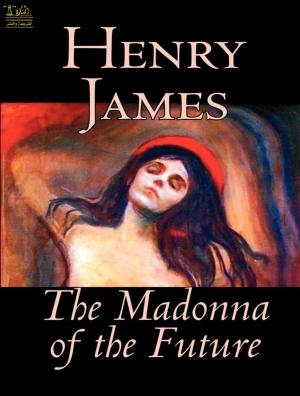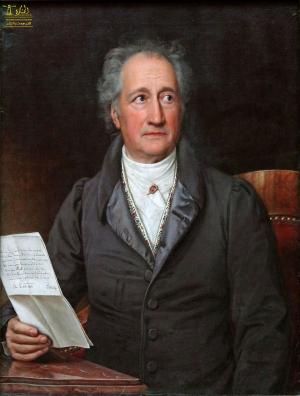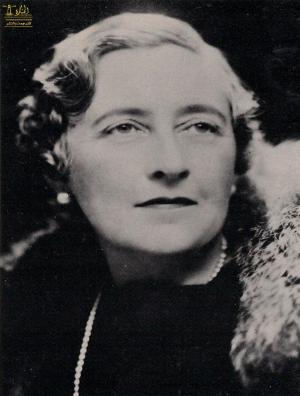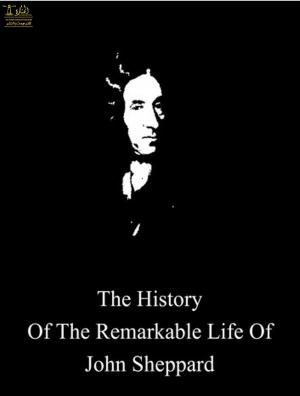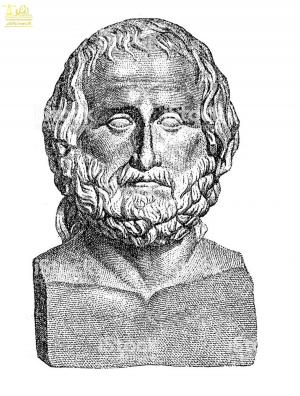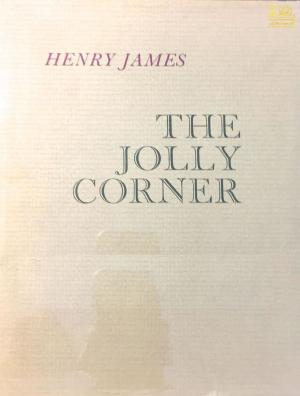Short stories
Nonfiction, Entertainment, Drama, Anthologies, Fiction & Literature, Literary Theory & Criticism| Author: | Kate Chopin | ISBN: | 9780599446793 |
| Publisher: | Lighthouse Books for Translation Publishing | Publication: | July 9, 2019 |
| Imprint: | Lighthouse Books for Translation and Publishing | Language: | English |
| Author: | Kate Chopin |
| ISBN: | 9780599446793 |
| Publisher: | Lighthouse Books for Translation Publishing |
| Publication: | July 9, 2019 |
| Imprint: | Lighthouse Books for Translation and Publishing |
| Language: | English |
Kate Chopin was an American author of short stories and novels based mostly in Louisiana. Of maternal French and paternal Irish descent, Chopin was born in St. Louis, Missouri. She married and moved with her husband to New Orleans. They later lived in the country in Cloutierville, Louisiana.
Kate Chopin, née Katherine O’Flaherty, (born Feb. 8, 1851, St. Louis, Mo., U.S.—died Aug. 22, 1904, St. Louis), American novelist and short-story writer known as an interpreter of New Orleans culture. There was a revival of interest in Chopin in the late 20th century because her concerns about the freedom of women foreshadowed later feminist literary themes.
Meet extraordinary women who dared to bring gender equality and other issues to the forefront. From overcoming oppression, to breaking rules, to reimagining the world or waging a rebellion, these women of history have a story to tell.
Born to a prominent St. Louis family, Katherine O’Flaherty read widely as a girl. In June 1870 she married Oscar Chopin, with whom she lived in his native New Orleans, Louisiana, and later on a plantation near Cloutiersville, Louisiana, until his death in 1882. After he died she began to write about the Creole and Cajun people she had observed in the South. Her first novel, At Fault (1890), was undistinguished, but she was later acclaimed for her finely crafted short stories, of which she wrote more than 100. Two of these stories, “Désirée’s Baby” and “Madame Celestin’s Divorce,” continue to be widely anthologized.
In 1899 Chopin published The Awakening, a realistic novel about the sexual and artistic awakening of a young wife and mother who abandons her family and eventually commits suicide. This work was roundly condemned in its time because of its sexual frankness and its portrayal of an interracial marriage and went out of print for more than 50 years. When it was rediscovered in the 1950s, critics marveled at the beauty of its writing and its modern sensibility.
Chopin’s work has been categorized within the “local colour” genre. Her stories were collected in Bayou Folk (1894) and A Night in Acadie (1897). The Complete Works of Kate Chopin, edited by Per Seyersted, appeared in 1969.
Her short stories were well received in her own time and were published by some of America’s most prestigious magazines—Vogue, the Atlantic Monthly, Harper’s Young People, Youth’s Companion, and the Century. A few stories were syndicated by the American Press Association. Her stories appeared also in her two published collections, Bayou Folk (1894) and A Night in Acadie (1897), both of which received good reviews from critics across the country. Twenty-six of her stories are children’s stories—those published in or submitted to children’s magazines or those similar in subject or theme to those that were. By the late 1890s Kate Chopin was well known among American readers of magazine fiction.
Her early novel At Fault (1890) had not been much noticed by the public, but The Awakening (1899) was widely condemned. Critics called it morbid, vulgar, and disagreeable. Willa Cather, who would become a well known twentieth-century American author, labeled it trite and sordid.
Kate Chopin was an American author of short stories and novels based mostly in Louisiana. Of maternal French and paternal Irish descent, Chopin was born in St. Louis, Missouri. She married and moved with her husband to New Orleans. They later lived in the country in Cloutierville, Louisiana.
Kate Chopin, née Katherine O’Flaherty, (born Feb. 8, 1851, St. Louis, Mo., U.S.—died Aug. 22, 1904, St. Louis), American novelist and short-story writer known as an interpreter of New Orleans culture. There was a revival of interest in Chopin in the late 20th century because her concerns about the freedom of women foreshadowed later feminist literary themes.
Meet extraordinary women who dared to bring gender equality and other issues to the forefront. From overcoming oppression, to breaking rules, to reimagining the world or waging a rebellion, these women of history have a story to tell.
Born to a prominent St. Louis family, Katherine O’Flaherty read widely as a girl. In June 1870 she married Oscar Chopin, with whom she lived in his native New Orleans, Louisiana, and later on a plantation near Cloutiersville, Louisiana, until his death in 1882. After he died she began to write about the Creole and Cajun people she had observed in the South. Her first novel, At Fault (1890), was undistinguished, but she was later acclaimed for her finely crafted short stories, of which she wrote more than 100. Two of these stories, “Désirée’s Baby” and “Madame Celestin’s Divorce,” continue to be widely anthologized.
In 1899 Chopin published The Awakening, a realistic novel about the sexual and artistic awakening of a young wife and mother who abandons her family and eventually commits suicide. This work was roundly condemned in its time because of its sexual frankness and its portrayal of an interracial marriage and went out of print for more than 50 years. When it was rediscovered in the 1950s, critics marveled at the beauty of its writing and its modern sensibility.
Chopin’s work has been categorized within the “local colour” genre. Her stories were collected in Bayou Folk (1894) and A Night in Acadie (1897). The Complete Works of Kate Chopin, edited by Per Seyersted, appeared in 1969.
Her short stories were well received in her own time and were published by some of America’s most prestigious magazines—Vogue, the Atlantic Monthly, Harper’s Young People, Youth’s Companion, and the Century. A few stories were syndicated by the American Press Association. Her stories appeared also in her two published collections, Bayou Folk (1894) and A Night in Acadie (1897), both of which received good reviews from critics across the country. Twenty-six of her stories are children’s stories—those published in or submitted to children’s magazines or those similar in subject or theme to those that were. By the late 1890s Kate Chopin was well known among American readers of magazine fiction.
Her early novel At Fault (1890) had not been much noticed by the public, but The Awakening (1899) was widely condemned. Critics called it morbid, vulgar, and disagreeable. Willa Cather, who would become a well known twentieth-century American author, labeled it trite and sordid.
